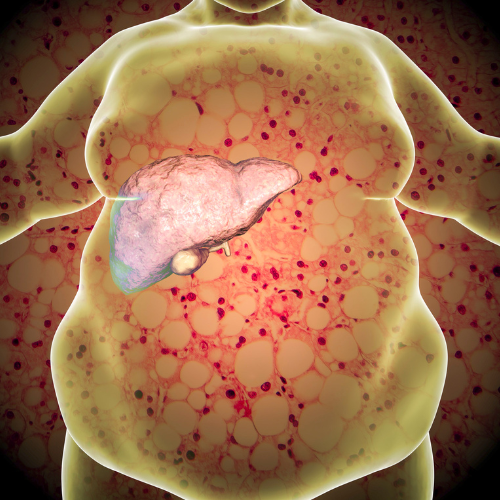Nowadays, a growing number of individuals are getting fatty liver, which happens when fat builds up in the liver cells. Fatty liver is often caused by the way people live their lives, and if it is not treated, it can have serious health effects. This article will discuss what causes fatty liver, what its symptoms are, and what lifestyle adjustments you may make to cure and avoid it.
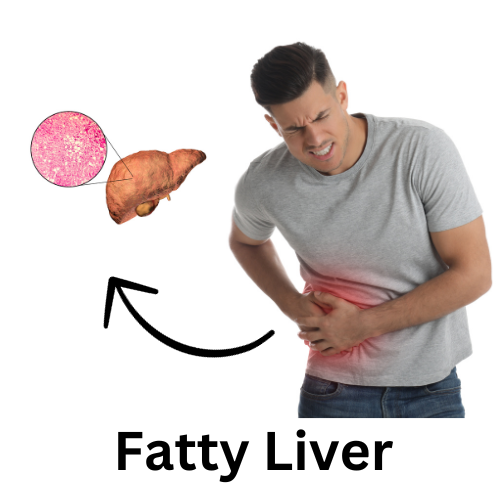
What Is Fatty Liver?
Hepatic steatosis, which is another name for “fatty liver,” is a disease in which fat builds up in liver cells. Although some fat is appropriate in the liver, too much fat can be harmful and induce inflammation. Fat, but too much fat can hurt the liver and cause inflammation. One kind of fatty liver is caused by drinking too much, and the other is caused by not drinking enough.
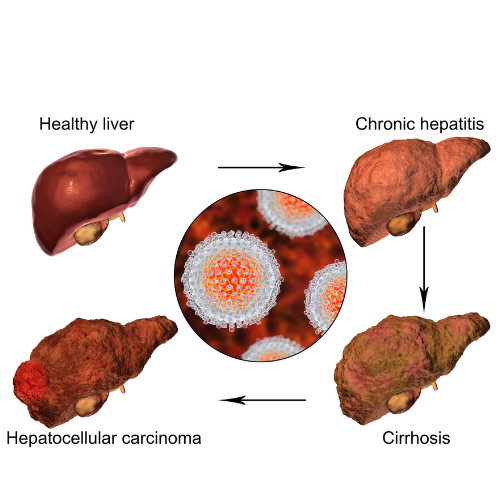
Causes of Fatty Liver:
- Poor Diet: A diet high in sugars, heavy fats, and processed foods makes fatty liver much more likely. These foods can make you fat and less sensitive to insulin, which are both things that put you at risk for NAFLD.
- Lack of Physical Activity: Not moving around much is linked to many health problems, such as a fatty liver. Regular exercise will help you maintain a healthy weight and make your body more responsive to insulin, lowering your risk of liver fat accumulation.
- Insulin Resistance: Insulin resistance, which is frequently associated with obesity and type 2 diabetes, can produce fatty liver. When cells in the body don’t respond to insulin, the liver makes more glucose to make up for it, which makes the body store more fat.
- Genetics: Genetics: You may also get fatty liver because of things in your genes. If someone in your family has had liver disease in the past, you may be more likely to get it yourself.
Symptoms of Fatty Liver:
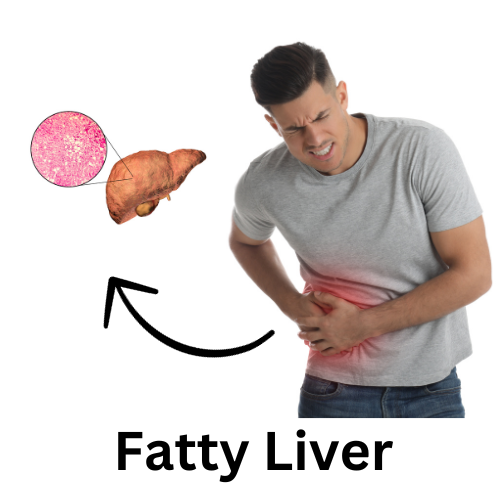
In its early stages, fatty liver is frequently asymptomatic. However, as the condition progresses, individuals may experience:
- Fatigue
- Weakness
- Upper right side abdominal pain or discomfort
- Excessive liver enzyme levels in blood tests
Lifestyle Changes to Manage Fatty Liver:
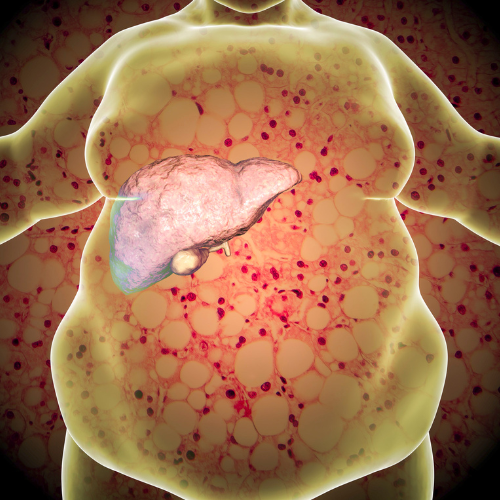
- Healthy meal: A balanced meal full of whole grains, fruits, and veggies is best. Cut down on prepared foods, sugars, and heavy fats. You might want to talk to a chef for more specific advice.
- Regular Exercise: Every day, do at least 30 minutes of mild exercise, like walking quickly or riding a bike. Working out lowers fat in the liver and makes the metabolism work better in general.
- Weight Management: If you are overweight, try to lose weight slowly by eating well and working out regularly. Losing even a small amount of weight can be very good for the liver.
- Limit Your Alcohol Intake: If you drink alcohol, don’t drink too much of it. Alcoholic fatty liver disease can be made worse by drinking too much booze.
- Stay Hydrated: Making sure you drink enough water helps the liver work better and gets rid of toxins from the body.

Conclusion:
Fatty liver can be fixed, and making healthy changes to your lifestyle is one of the most important things you can do to stop it from getting worse. A nutritious diet, frequent exercise, and maintaining a healthy weight will help your liver stay healthy and reduce your risk of health issues associated with having a fatty liver. If you think you might have fatty liver or if your symptoms don’t go away, you should see a doctor right away to get a good evaluation and treatment plan. If you do something today, your liver will be healthier tomorrow, and your quality of life will be better.
FAQS
Can fatty liver be fixed?
A: Yes, fatty liver can be fixed, especially if it is caught early. Managing and getting rid of the condition requires making changes to your lifestyle, like eating well, working out regularly, controlling your weight, and drinking less alcohol.
How is fatty liver diagnosed?
A: Imaging studies, blood tests that measure liver enzyme levels, and sometimes a liver biopsy are used to find out if someone has fatty liver.
Can genes play a part in getting fatty liver?
A: Yes, genetic factors can make you more likely to get fatty liver. If liver disease runs in your family, you may be more likely to get it.
How does exercise help with fatty liver?
A: Regular exercise lowers fat in the liver, makes insulin work better, and improves metabolic health generally. All of these things are good for controlling fatty liver.
.
